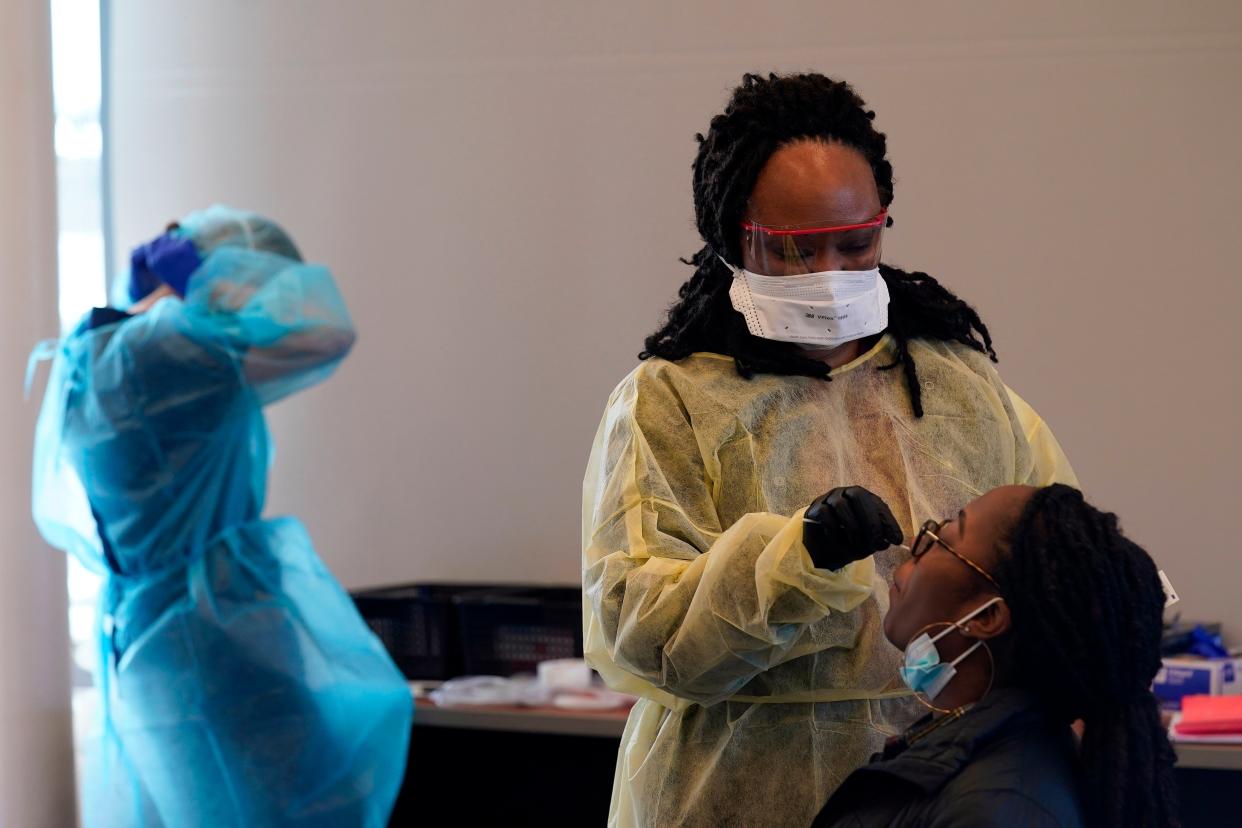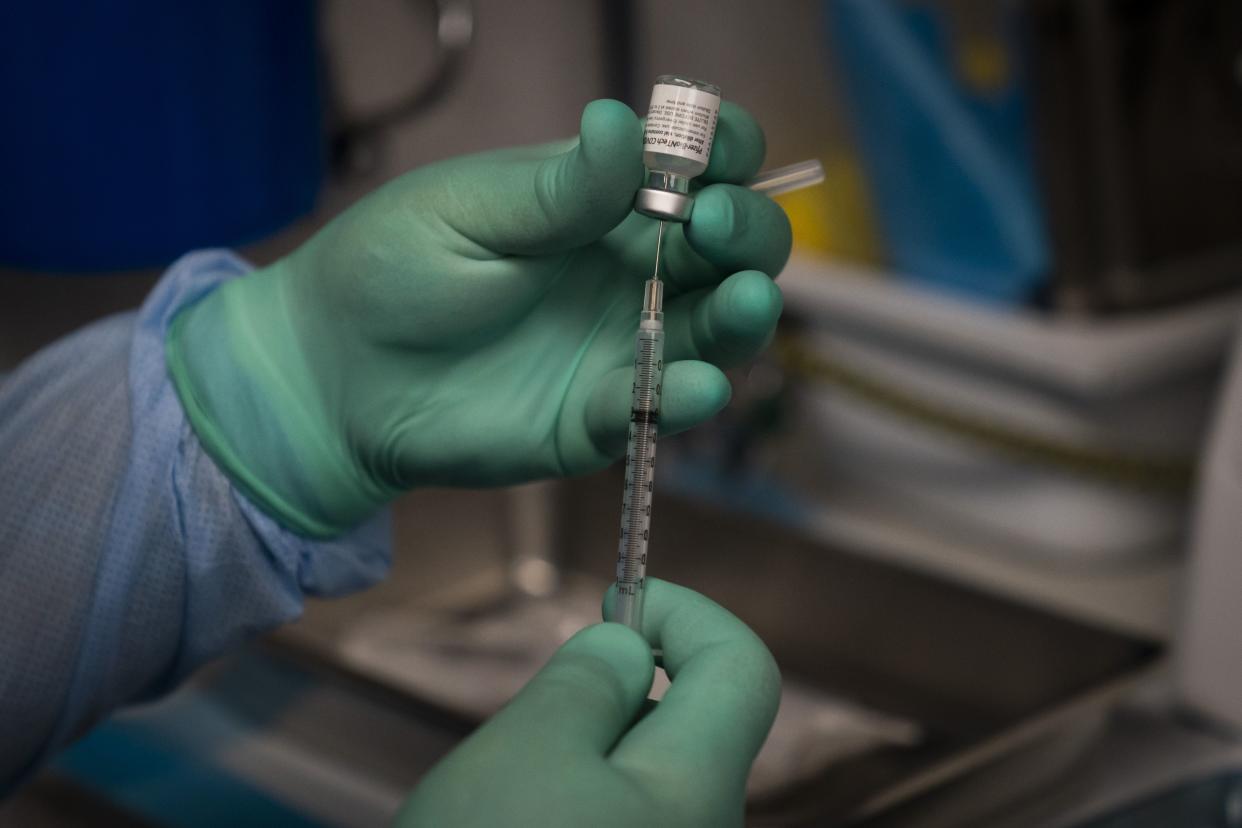Contracting and beating COVID provides better protection against delta variant than Pfizer shot, new research shows
Catching and beating COVID-19 during one of the initial waves of the global health pandemic appears to provide more protection against the highly-contagious delta variant than both doses of the vaccine developed by Pfizer and BioNTech.
The largest real-world analysis comparing natural immunity and the protection provided by coronavirus vaccines revealed those who have received both jabs of Pfizer’s two-stick shot were almost six-fold more likely to contract a delta infection and seven-fold more likely to show symptoms and become hospitalized than those who have already recovered from COVID.
The paper, by researchers in Israel, also stands in contrast to past reports suggesting those who have been vaccinated are just as protected from the virus as those who have been infected with it.

Researchers also emphasized that a COVID survivor’s protective shield wanes over time and noted those who were previously ill and then later received a single shot of the Pfizer vaccine were better protected against reinfection than those who previously had the virus, but did not get the jab.
“This analysis demonstrated that natural immunity affords longer lasting and stronger protection against infection, symptomatic disease and hospitalization due to the delta variant,” the researchers said.

The study was conducted in Israel, which has one of the highest vaccination rates in the world. Scientists combed through the medical records of tens of thousands of patients, charting their infections, symptoms, and hospitalizations between the beginning of June and Aug. 14, when the Delta variant began to rip across the country.
The efficacy of a booster, only just now being distributed across the nation, and scope of its protection is still unknown, Bloomberg reported.
The data was posted as a preprint article on medRxiv, and hasn’t yet been reviewed by other researchers.
